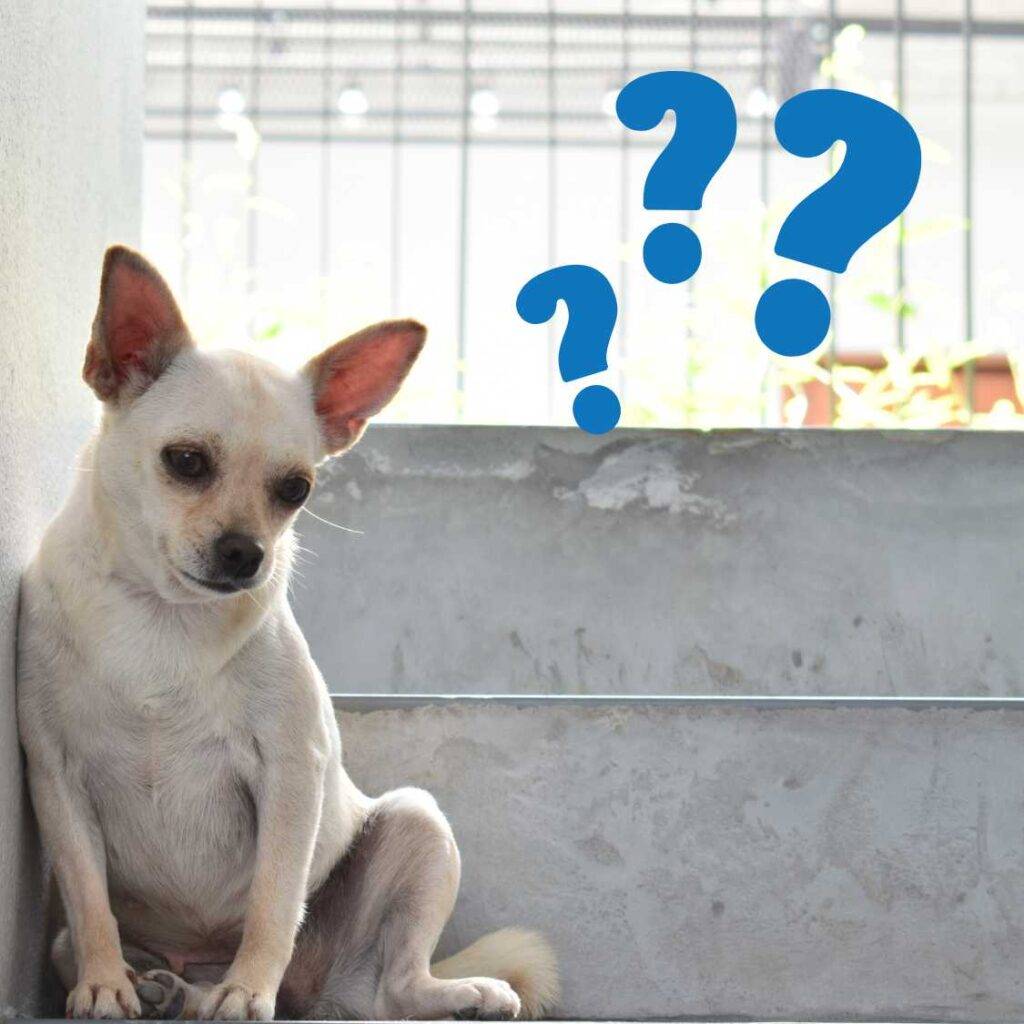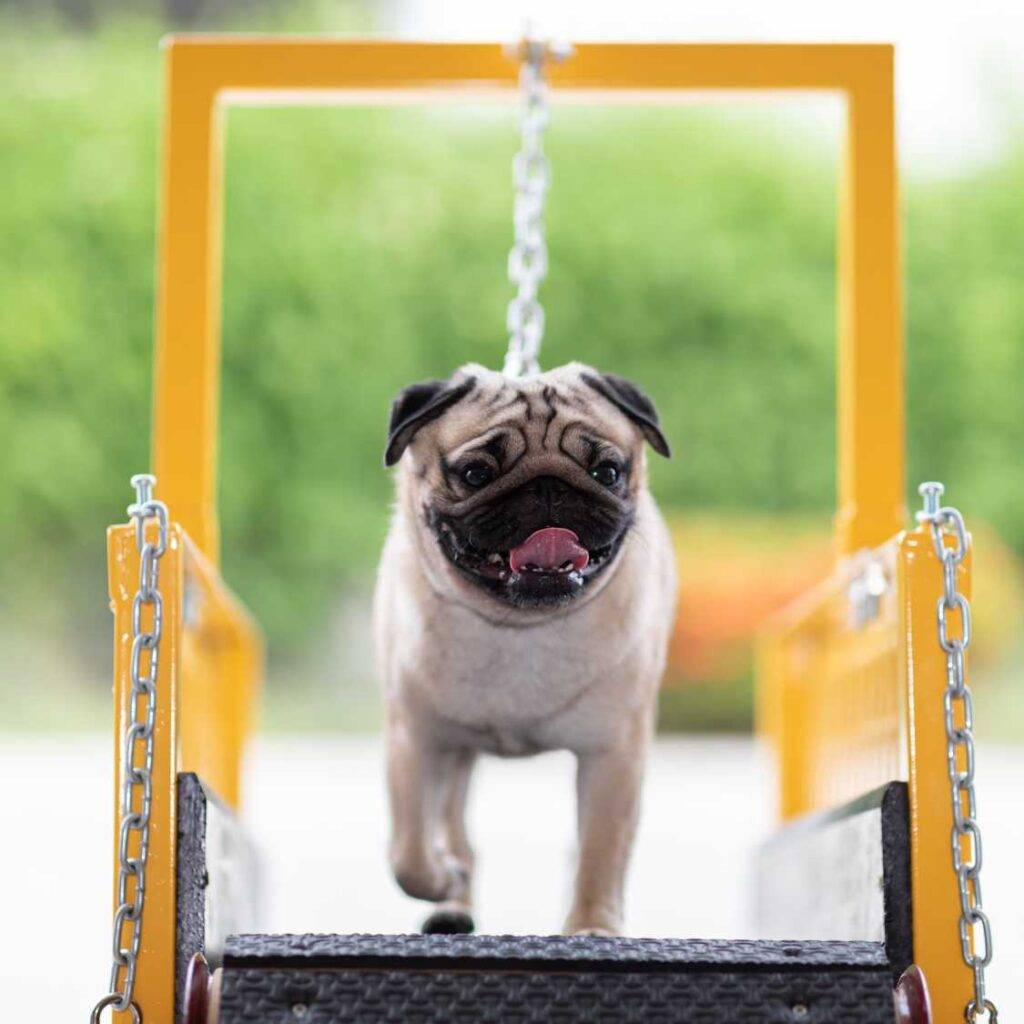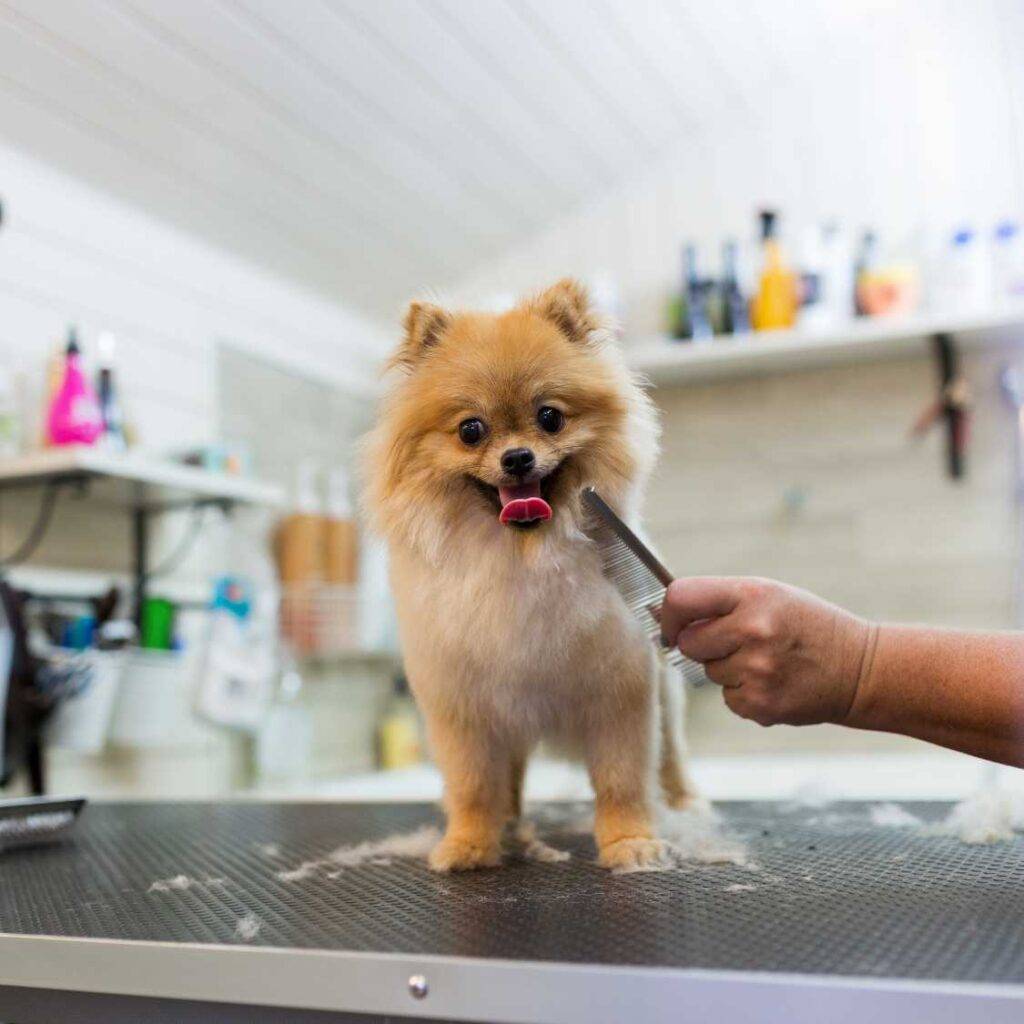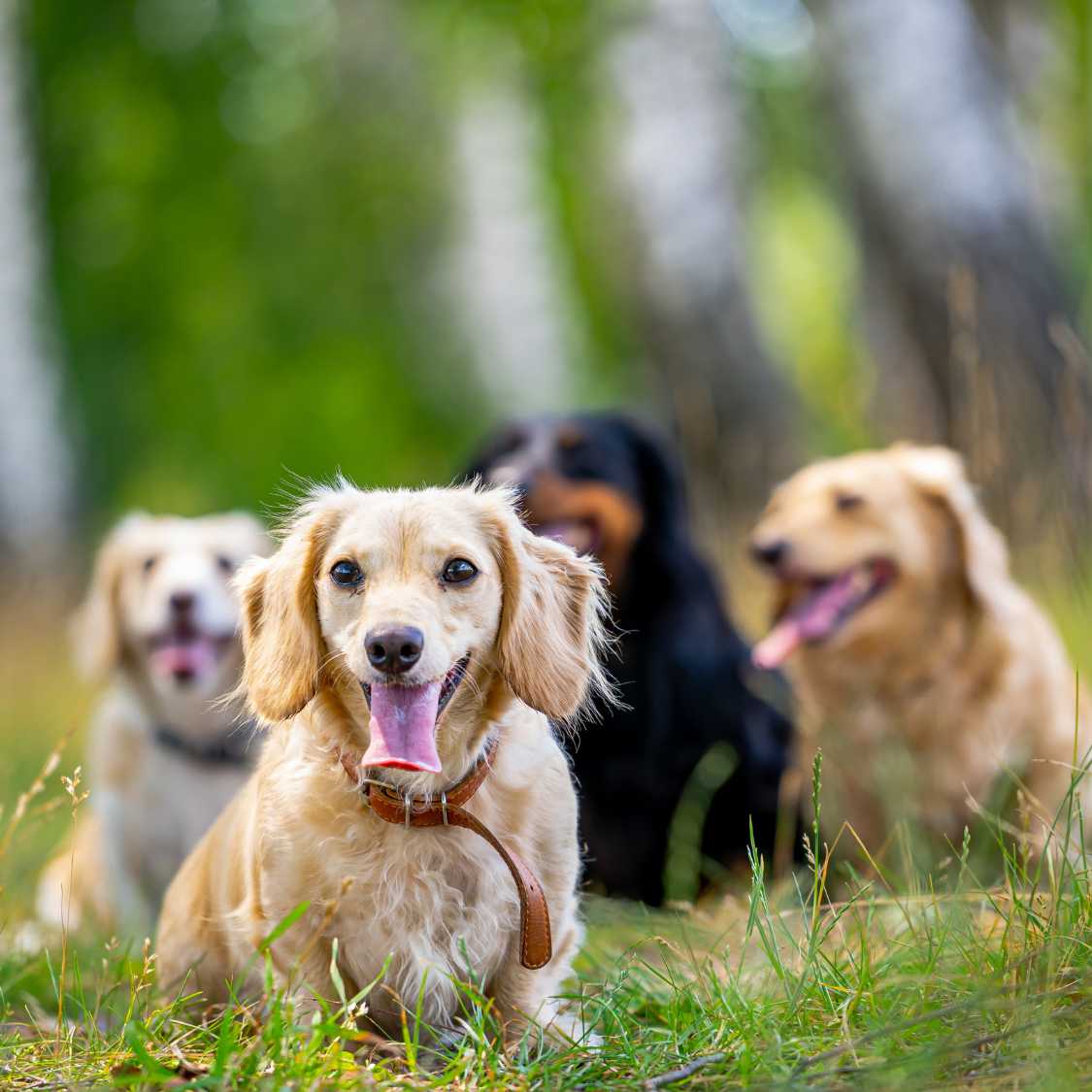Are you thinking about adding a small dog to your family? Small dog breeds are incredibly popular for many reasons. They’re portable, often easier to manage in smaller living spaces, and they bring a big personality packed into a tiny package. But owning a small dog breed comes with its own set of challenges and rewards. This article covers everything you need to know about small dog breeds, from choosing the right breed to providing the best care.
Small dog breeds, generally defined as those weighing 20 pounds or less, offer a unique set of advantages and challenges. They are adored for their cute size, ease of handling, and suitability for apartment living. Whether you’re a first-time dog owner or an experienced pet parent, understanding the nuances of small dog breeds can help ensure a happy and healthy life for your canine companion.
Why Choose a Small Dog Breed?

Why opt for a small dog breed? They are ideal for city dwellers, elderly individuals, and anyone with limited space. Their small size makes them easier to transport, whether you’re going on a road trip or flying. Additionally, small dogs often require less food, which can mean lower expenses.
- Moreover, many small breeds are known for their long lifespans, providing many years of companionship. They can also be less intimidating for children and are often good at adapting to various living environments.
Popular Small Dog Breeds
There are numerous small dog breeds, each with its unique charm. Some of the most popular include:
- Chihuahua: Known for their bold personality and loyalty.
- Pomeranian: Fluffy and friendly, these dogs are great companions.
- Yorkshire Terrier: Energetic and affectionate, perfect for families.
- Dachshund: With their distinctive long bodies, they are playful and courageous.
- French Bulldog: Known for their affectionate nature and distinctive bat ears.
- Shih Tzu: Loyal and friendly, they are excellent lap dogs.
Each breed has its characteristics and care requirements, so it’s essential to choose one that fits your lifestyle.
Characteristics of Small Dog Breeds

Small dog breeds often come with a big personality. They can be just as active and playful as larger breeds, and many are known for their intelligence and trainability. Despite their size, they often display a lot of courage and can be quite protective of their families. However, they also tend to be more delicate, requiring careful handling to avoid injury.
Health Considerations for Small Dogs

Small dog breeds can be prone to specific health issues. Common concerns include dental problems due to their small jaws, luxating patellas (dislocated kneecaps), and tracheal collapse. Regular vet check-ups are crucial to catch and address health problems early.
- To maintain their health, ensure they have a balanced diet, regular exercise, and proper grooming. Preventative care, such as vaccinations and flea/tick prevention, is also essential.
Feeding Small Dog Breeds

Feeding a small dog breed requires special consideration. Due to their fast metabolism, they often need smaller, more frequent meals. It’s important to choose a high-quality dog food that meets their nutritional needs.
- Avoid overfeeding, as small dogs can quickly gain weight, leading to obesity and related health issues. Consult with your vet to determine the best feeding schedule and portion sizes for your dog’s specific needs.
Exercise and Play for Small Dogs

Exercise is crucial for small dog breeds. Despite their size, they require regular physical activity to stay healthy and happy. Daily walks, playtime, and interactive toys can help keep them mentally and physically stimulated.
- Engaging in activities like agility training or fetch can be a great way for them to burn off energy. Always monitor your dog during exercise to prevent overexertion, especially in hot weather.
Grooming Needs of Small Dog Breeds

Grooming requirements vary among small dog breeds. Breeds with longer hair, such as Shih Tzus and Pomeranians, need regular brushing to prevent matting and tangling. Short-haired breeds like French Bulldogs may require less frequent grooming but still benefit from regular baths and nail trims.
- Dental care is also vital. Brush your dog’s teeth regularly and consider dental chews to help maintain their oral health. Regular ear cleaning can prevent infections, especially in breeds with floppy ears.
Training Tips for Small Dogs
Training a small dog breed can be both rewarding and challenging. Consistency and positive reinforcement are key. Use treats, praise, and playtime as rewards for good behavior.
- Small dogs can sometimes develop “small dog syndrome,” where they exhibit dominant behavior due to being spoiled or not properly trained. Establishing boundaries and maintaining a routine can help prevent this.
Socialization Strategies
Socialization is critical for small dog breeds. Expose your dog to various environments, people, and other animals from a young age. This helps them become well-adjusted and reduces the likelihood of anxiety and aggression.
- Puppy classes, playdates with other dogs, and visits to dog-friendly places can provide valuable social experiences. Always supervise interactions to ensure they are positive and safe.
Living with Small Dogs in Different Settings
Small dogs adapt well to various living environments, from apartments to large homes. They often require less space but still need a designated area for sleeping, eating, and playing. Ensure your home is safe for a small dog. Remove any small objects they could swallow and secure areas they shouldn’t access. Provide comfortable bedding and toys to keep them entertained.
Traveling with Small Dogs

Traveling with a small dog is often easier than with larger breeds. They can fit in carriers and be more manageable in public places. Whether you’re taking a road trip or flying, plan to ensure your dog’s comfort and safety.
Use a secure, well-ventilated carrier for travel. Bring along their favorite toys, a blanket, and any necessary supplies like food and water. Make frequent stops for bathroom breaks and exercise if traveling by car.
Age and Lifespan of Small Dog Breeds
Small dog breeds generally have longer lifespans compared to larger breeds. Many small dogs can live into their teens, with some even reaching 20 years. Regular vet care, a balanced diet, and proper exercise contribute to their longevity.
- As they age, small dogs may require adjustments in their care routine. Monitor for signs of aging, such as decreased activity, changes in appetite, or health issues, and consult with your vet for appropriate care.
Common Behavioral Issues

Small dog breeds can exhibit behavioral issues like excessive barking, separation anxiety, and aggression. Early training and socialization can help mitigate these problems.
- Understanding the root cause of the behavior is essential. For example, barking could be due to boredom, fear, or territorial instincts. Addressing the underlying issue through training, mental stimulation, and sometimes professional help can improve behavior.
Conclusion
Small dog breeds make wonderful companions for many reasons. They are adaptable, portable, and full of personality. However, they also require specific care to ensure their health and happiness. By understanding their unique needs and providing the appropriate care, you can enjoy many happy years with your small dog.
Frequently Asked Questions For Small Dog Breeds
What are the best small dog breeds for families?
Some of the best small dog breeds for families include the Yorkshire Terrier, Shih Tzu, and French Bulldog. These breeds are known for their friendly and affectionate nature, making them great companions for children.
How often should I groom my small dog?
The grooming frequency depends on the breed. Long-haired breeds may need daily brushing, while short-haired breeds might only require grooming once a week. Regular baths and nail trims are also essential.
What kind of diet is best for small dog breeds?
A dog food with high-quality protein, healthy fats, and essential vitamins and minerals is best for small dog breeds. Consult your vet for specific recommendations based on your dog’s age, weight, and health condition.
How can I prevent my small dog from developing behavioral issues?
Preventing behavioral issues involves early training, socialization, and providing mental and physical stimulation. Consistent routines and positive reinforcement also play a crucial role in shaping good behavior.
Are small dog breeds suitable for apartment living?
Yes, many small dog breeds are well-suited for apartment living due to their size.








